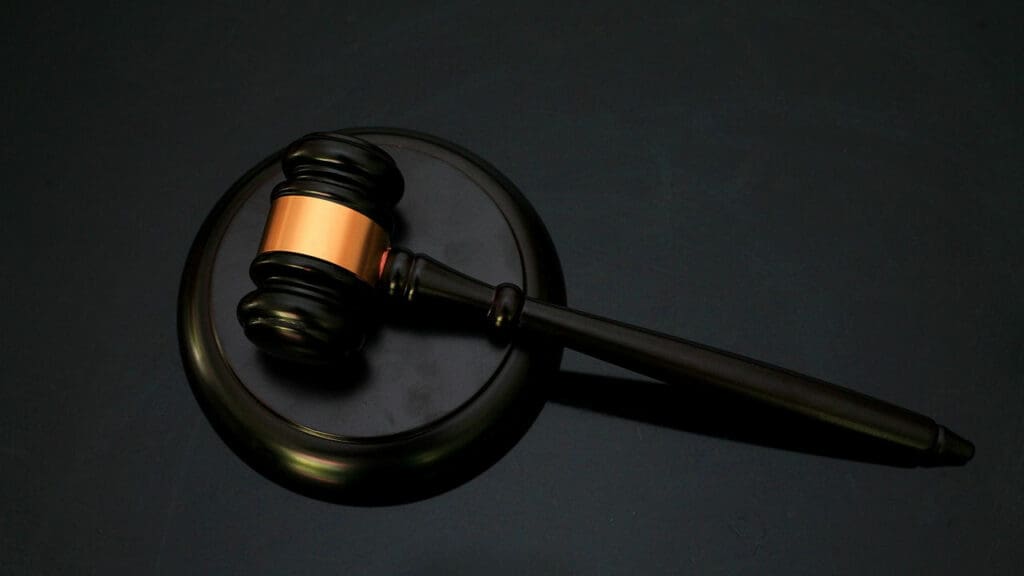
The Lie of Social Justice
Mankind has a long history of seeking justice and righteousness: the first dealing with the practice of fairness, and the second dealing with moral truth. It sounds like a very noble quest, except that a problem occurs when the definition of it changes according to who is defining it. Most of us default to what seems right to us, which means there are about as many versions of justice and righteousness as there are people. It is not surprising that the biblical Job of ancient times did the same before his friends in Job 29:14 by saying, “I put on righteousness as my clothing; justice was my robe and turban.” He was defending himself against accusations that his sin had brought about all the hardships he was suffering. He backed up his claim by his work in aiding the blind, lame, needy, the disenfranchised and the victimized. That sounds strangely familiar, doesn’t it?
Whenever we set our own standards for what is right and just, we can’t help but slip into self-righteousness. With our wisdom, knowledge, and experience as the underpinnings for our position, what is liberating for one will be oppressive to another in a different situation. This points to the fallibility of man. He cannot be trusted to set the standards, as they will in some way always be selfishly motivated, and one person or group will be elevated against another. “There is a way that appears to be right, but in the end it leads to death.” (Proverbs 14:12)
Is it any wonder that attempts to correct past wrongs often seem to cause more harm than good? They accentuate differences that alienate rather than honoring and respecting differences that bring about unity and appreciation. They replace a determined work ethic with entitlements and demotivate those willing to put forth the effort to achieve. They elevate suspicion, jealously, and selfish ambition above cooperation and encouragement. Most importantly, they devalue the importance of each person that God has purposefully created in His own image.
But God anticipated this issue with man and the selfishness of sin, and provided a way out. Paul stated the issue succinctly: “For the wages of sin is death, but the gift of God is eternal life in Christ Jesus our Lord.” (Romans 6:23) Jesus was not an afterthought of the Father, but His plan from the beginning. Jesus is seen prophetically throughout the Old Testament scriptures starting in Genesis, but is very clearly found in Isaiah 16:5. “In love a throne will be established; in faithfulness a man will sit on it—one from the house of David—one who in judging seeks justice and speeds the cause of righteousness.” Because of Jesus’ sinless life and selfless sacrifice, He is the only One Who is righteousness, and justice flows from His righteousness. Therefore, He alone defines it. If His love and grace are not clearly seen in contemporary definitions of justice and righteousness, then those need to be discarded and replaced with truth.
Although Jesus embodies absolute truth in saying, “I AM the Way, and the Truth, and the Life” (John 14:6), He does not cancel those who rail against Him, who try to discredit Him with lies, or who simply choose not to receive Him. He continues to hold out His nail-scarred arms to the insolent and disobedient – all the people we once were. Let us not reject Him now by insisting upon our version (or someone else’s) of social justice. He has paid the price for injustice by submitting to death through it. Now He wants us to respond with Truth in love.

I’m challenged by these words and praying anew for Holy Spirit’s guidance to encourage those around me that together we will see JESUS in a whole new light on the subject of social justice. Grateful❗️